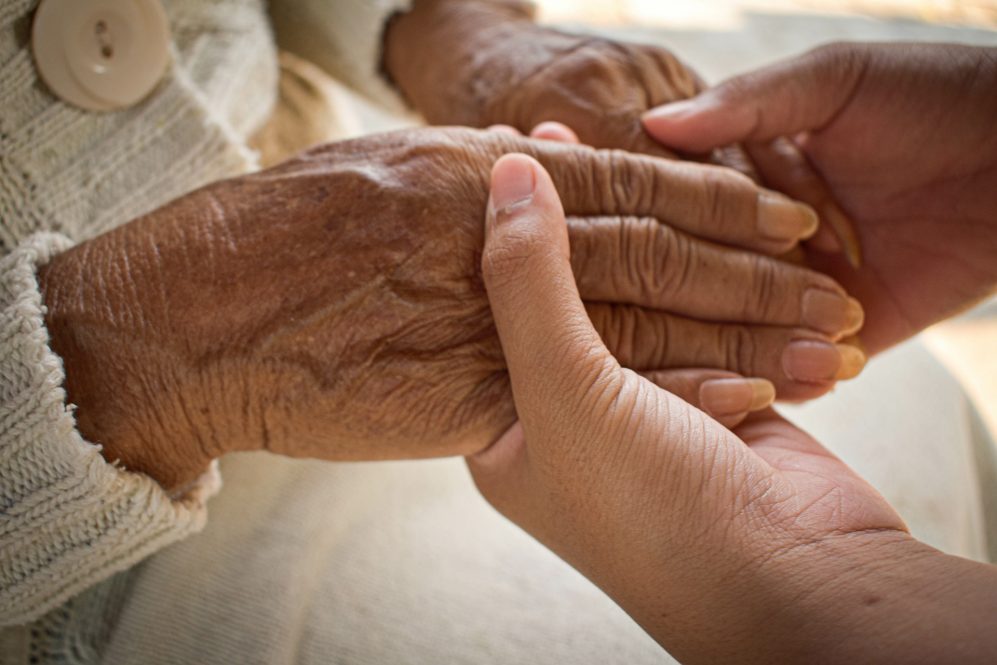A new palliative care inpatient program has been launched at UConn John Dempsey Hospital to enhance patient’s current care by focusing on the quality of life for them and their family.
Palliative care is specialized medical care for people living with a serious illness that focuses on relieving pain and other symptoms. It also includes social & emotional support, spiritual care, advance care planning, and assisting patients and their families with complex medical decision making.
Palliative care is provided by a team of health care providers, including doctors, nurses, social workers, chaplains, and other trained specialists. Here at UConn Health, the team has over 34 years of collective specialty palliative care experience in hospital care, working with the patients, their families, and other providers to add an extra layer of support and relief that complements ongoing care. In addition to improving quality of life and helping with symptoms, palliative care can help patients understand their choices for medical treatment.
For the past eight years, UConn Health has offered an outpatient supportive & palliative care program at the Carole and Ray Neag Comprehensive Cancer Center, and it’s been a personal endeavor for Dr. Sarah Loschiavo, DNP, APRN, FNP-BC, ACHPN, Nursing director of Palliative Medicine, Supportive Care & Hospice Services to reinstate the program for all patients to benefit from, beyond just the cancer center.

“The need for inpatient hospital palliative care became evident during COVID-19 when our specialty was scarce,” says Loschiavo. “We knew there was another subset of patients who could benefit and COVID brought that to life, providing the fuel to move forward to build an inpatient palliative care team to the unique needs of the institution.”
Palliative care is different from and often confused with end-of-life or hospice care. Hospice is a specific type of palliative care. Hospice is a model of palliative care that deals with comfort and end-of-life care. Palliative care can be received at any stage of an illness, including at the end of life. It can last for years.
To begin palliative care, a person’s health care provider may refer them to a palliative care specialist. If he or she doesn’t suggest it, the person can ask a health care provider for a referral. The palliative care team then works in conjunction with the patient’s primary medical team, not taking over care but helping with support.
The team has serious conversations with patients and families to coordinate complex care.
For Loschiavo who has been working on this program for the past two years, this has been a labor of love that she couldn’t have done without a great deal of institutional support she received. “It was a big lift, but such an important one,” says Loschiavo.
In addition to providing an impact on quality, satisfaction, and consumer demand, palliative care also provides important cost savings to the hospital as well as an essential strategy of population health management.
Currently, the inpatient palliative care program is available Monday through Friday with a referral from a UConn doctor



